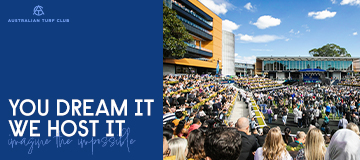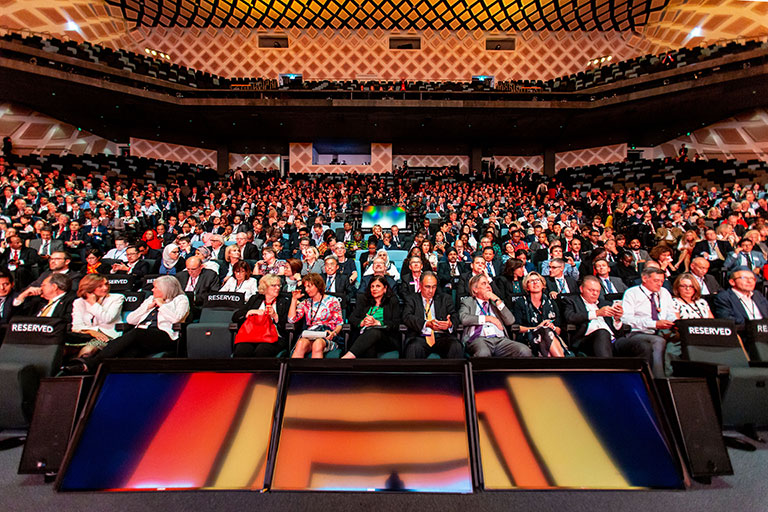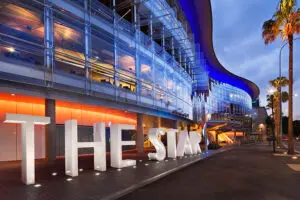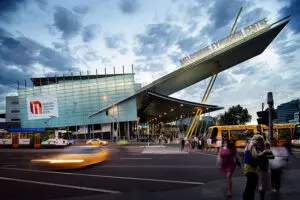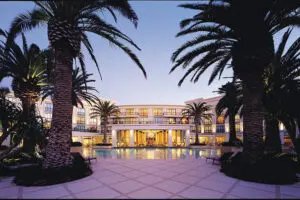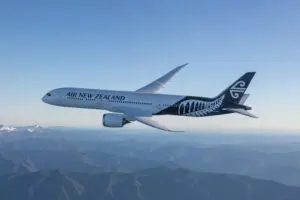The calendar shows 352 international business events have been secured for Australian destinations, as of January 2025. These events will take place out to 2030 and are worth an estimated $843,441,326 in direct spend from delegates.
The spend is made up of an estimated spend of $213,108,982 from 93,326 Australian delegates and $630,332,345 of spend by 204,903 international delegates.
In total, the bid wins represent 1,420,160 delegate days, of which more than two thirds are international delegate days.
The lion’s share of event wins is in the health care and social assistance sector – which represent 26 per cent of all wins – while professional, scientific and technical services are the second largest group of events amongst the wins. Arts and recreation events round out the top three, although delegate numbers for this last sector are considerably smaller, forecast to bring in the seventh largest number of delegates.
The calendar flags 256 bids that have been lost to other international destinations, which are valued at more than $1 billion in delegate spend from hundreds of thousands of delegates who will attend these events in other countries.
The largest share of unsuccessful bids were in the health care and social assistance sector – 33 per cent – followed by professional, scientific and technical services, which made up 14 per cent of bid losses. All other sectors represented less then 10 per cent of unsuccessful bids.
The forward calendar includes reasons for bid losses, with the top three reasons for association event losses being geographical preference, distance or distance perception – noted in 24 per cent of bid losses – followed by the subvention package offered considered insufficient, in 11 per cent of bids, while executive influence was also cited as a reason in 11 per cent of losses. It is worth noting that geographic preference is separate from bid failure due to set geographic rotations.
For corporate events – the largest part of which would likely be incentives – geographic preference was a reason for nearly half of all bid losses, followed by total cost of the event and airline access.
On the brighter side, the bid team, geographic preference and the financial package were the top three reasons cited for successful bids for association meetings, while geographic preference played a role in 45 per cent of corporate event wins and the bid team also helped seal the deal in 33 per cent of successful corporate bids.
The calendar also captures the 236 international events that are currently in the pipeline for Australian destinations – where bids outcomes are pending. These events are worth $764,141,488 in delegate spend. These events stretch well out into the 2030s, with an expected uplift in delegates numbers in the 2032 financial year.
Looking at the bid pipeline, professional, scientific and technical services events are currently the largest portion of bids, outstripping health care and social assistance by three per cent.
Earlier this year, Tourism Australia, which manages the national business events subvention fund, announced that the fund had helped secure more than $1 billion of international events for Australia since it was launched in 2018.



